India has revoked the patent on Novartis’ cardiac drug Entresto, sold as Vymada in India. In a blow to the Swiss drug company, the Indian Patent Office (IPO) said the blockbuster drug lacks novelty.
Vymada is prescribed for hypertension and heart failure. With its latest order, the deputy controller of patents and designs has likely opened the Indian market for affordable generics.
Let’s take a closer look.
Vymada’s patent revoked
Vymada is a combination of two medicines, namely valsartan and sacubitril.
D Usha Rao, deputy controller of patents and designs, in an order dated September 12, cancelled the patent for the “supramolecular complex” of these active ingredients in Vymada, as per a Moneycontrol report.
Rao said Novartis did not exhibit any clear therapeutic advantage of its “supramolecular complex” over existing formulations.
“The patentee has failed to disclose any demonstrated advantages or technical advancement of the claimed supramolecular complex over the combination already disclosed in D1 (closest prior art, patentee’s own earlier application). No experimental data, comparative studies or technical rationale have been provided to substantiate any enhanced efficacy. Further, no improved therapeutic efficacy has been shown,” the order accessed by Times of India (TOI) read.
“I have found that the grounds under Section 25(2)(b) - lack of novelty, 25(2)(c) - prior claiming, 25(2) (e) - lack of inventive step, 25(2) (g) complete specification does not sufficiently and clearly describe the invention. Hence the patent no. 414518 is revoked and the said case is disposed of under section 25(2) of The Patents Act, 1970,” it added.
The order came after, in a rare move, the Indian Pharmaceutical Alliance (IPA), an industry group representing major domestic drugmakers, opposed the patent on Novartis’ heart-failure drug Vymada.
Impact Shorts
More ShortsThe companies IPCA and Micro Labs also opposed the patent at the post‑grant stage, citing a violation of Section 3(d) of the Indian Patent Act.
In 2013, Novartis had lost the patent on its blockbuster cancer drug Glivec under the same provision.
The Swiss company was granted a patent for its “supramolecular” complex of the two compounds in December 2022.
As per TOI, Novartis’ patent on another form of the same drug expired in 2023. This led to the entry of dozens of copycats into the market.
Novartis then claimed that a specific crystalline form, for which it got the patent, was necessary for Entresto to work. Generic drugmakers were later barred from copying the Swiss company’s crystalline form.
IPA challenged the patent in December 2023, alleging a lack of novelty, prior claiming, obviousness, and dearth of disclosure, reported Moneycontrol.
In the opposition filed by the Indian firms, they questioned whether the crystalline form offered a therapeutic advantage over previous versions.
In its last week’s order, the controller agreed with the opponents, who argued that the patent was an attempt at “evergreening”.
Section 3(d) of the Indian Patent Act tries to prevent evergreening, which extends monopoly rights without meaningful innovation.
Will affordable generics flood the market?
The order could pave the way for the entry of affordable generics into Indian markets. Before courts restrained them, Natco, Torrent Pharma, MSN Labs and Eris Lifesciences had introduced generics of the popular therapy.
Many companies that had entered the market were at constant risk of facing a legal challenge, reported TOI.
“Companies are now free to launch, with more players expected to follow, bringing down the price of the therapy further,” an industry expert told the newspaper.
What can Novartis do?
Vymada is one of the biggest earners for the Swiss company, generating $7.8 billion in global sales last year.
The company is likely to challenge the IPO’s decision in court. “The patentee (Novartis) abstained from the hearing. Therefore based on written submissions of both parties order was passed,” legal sources were quoted as saying by TOI.
Novartis can appeal the decision in the Delhi High Court.
With inputs from agencies


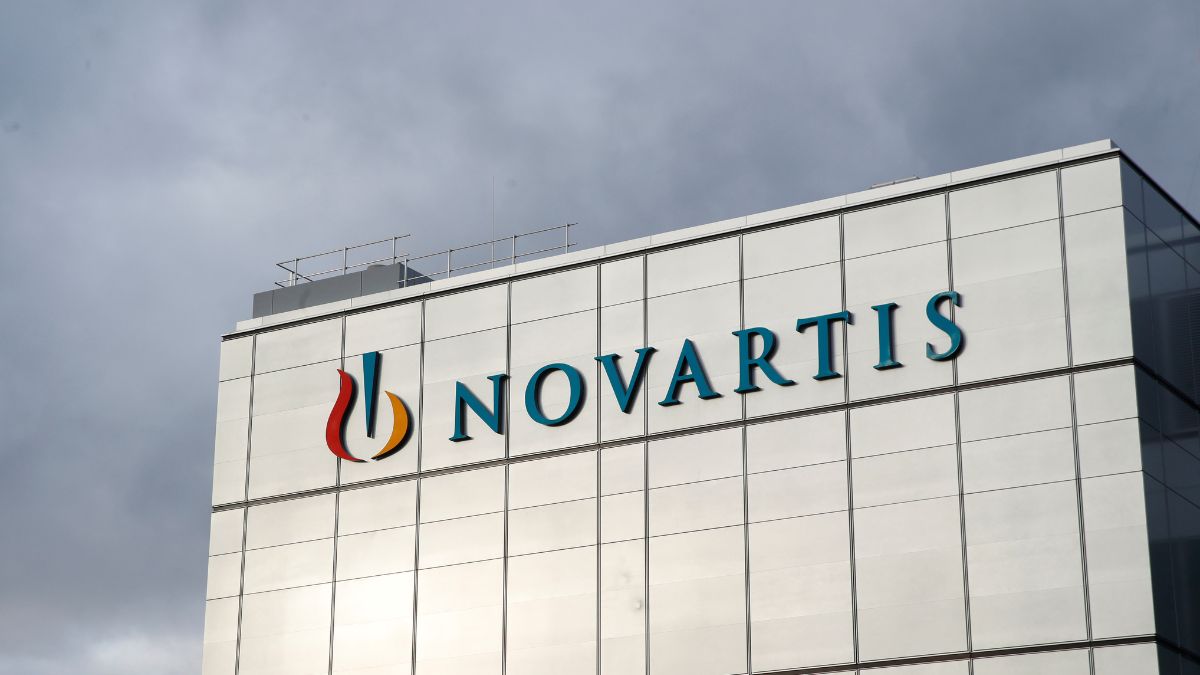)

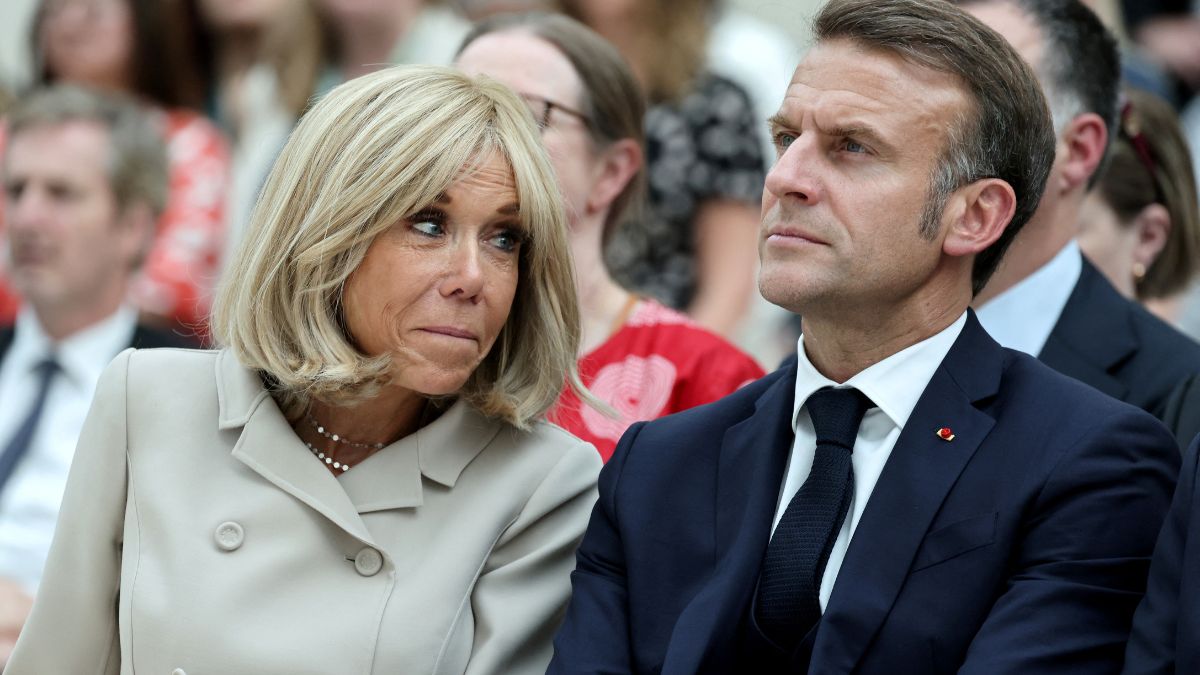)
)
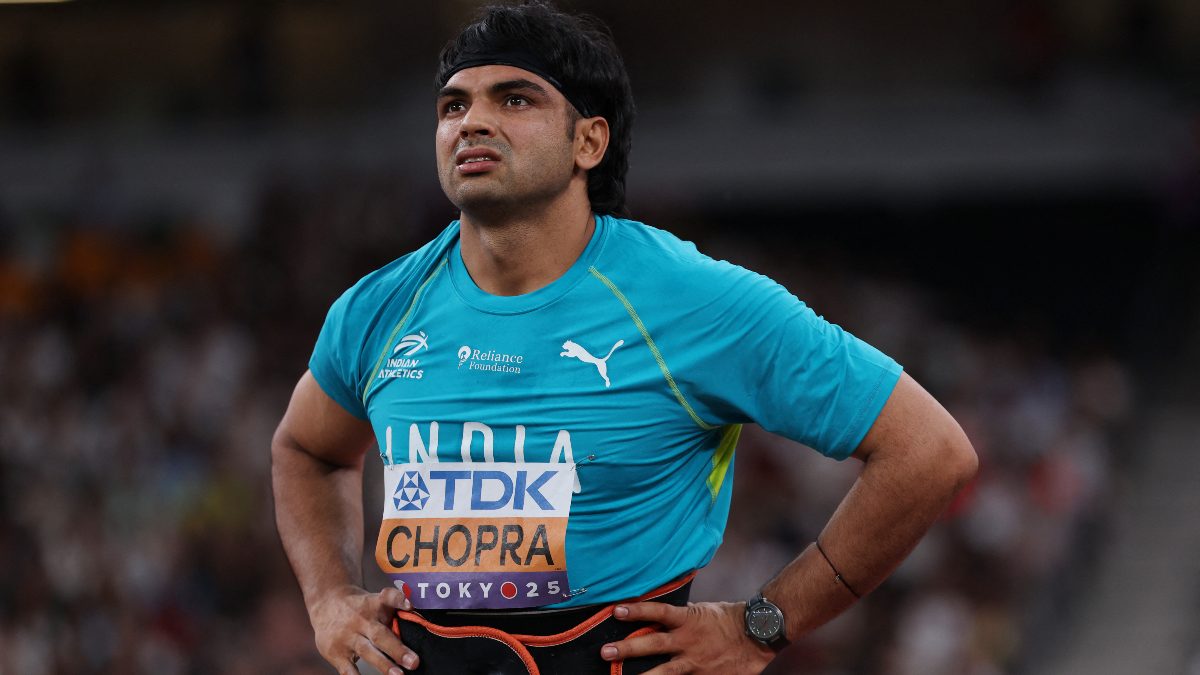)
)
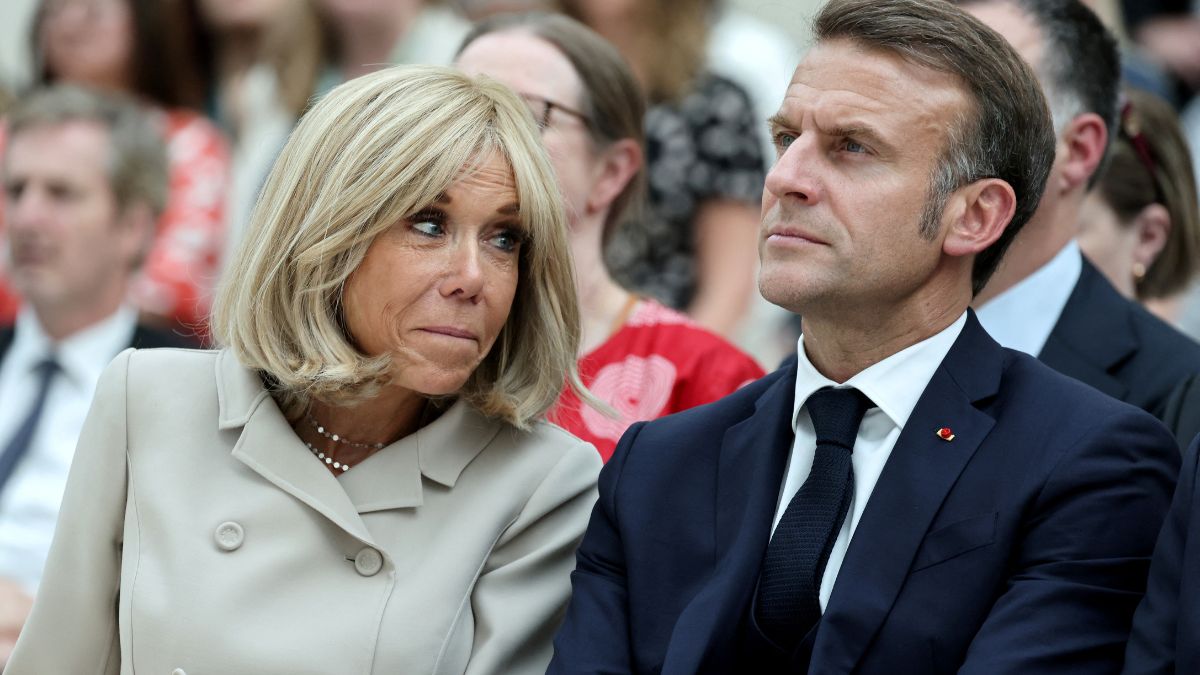)
)
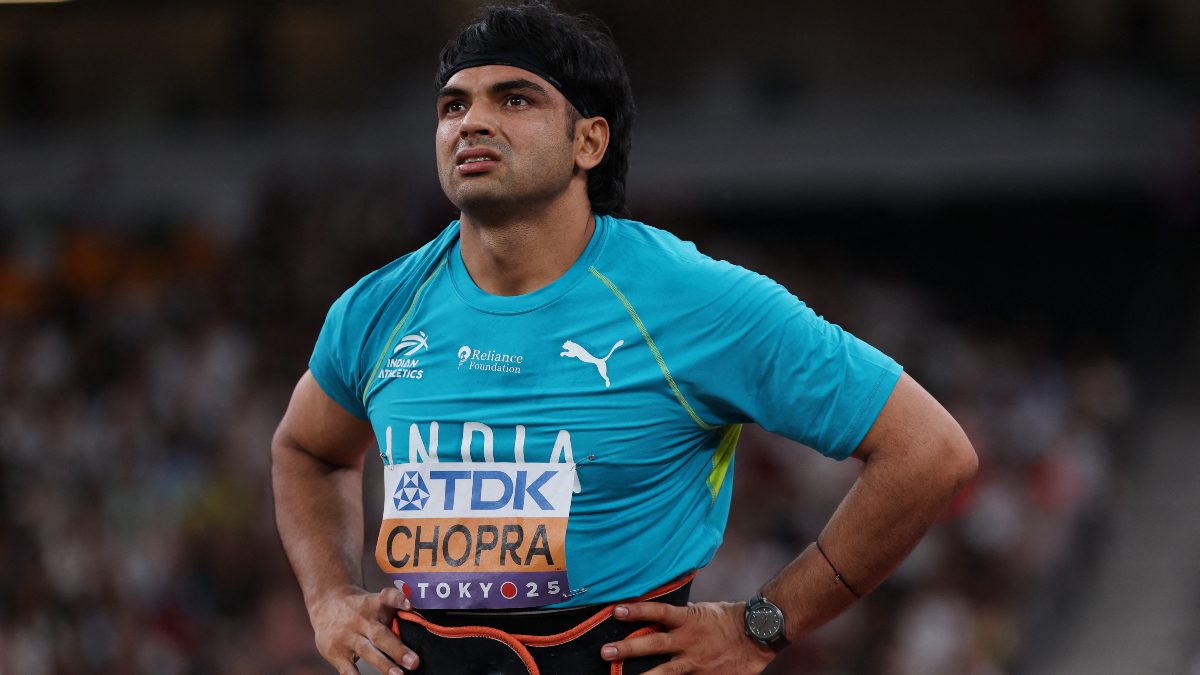)
)



